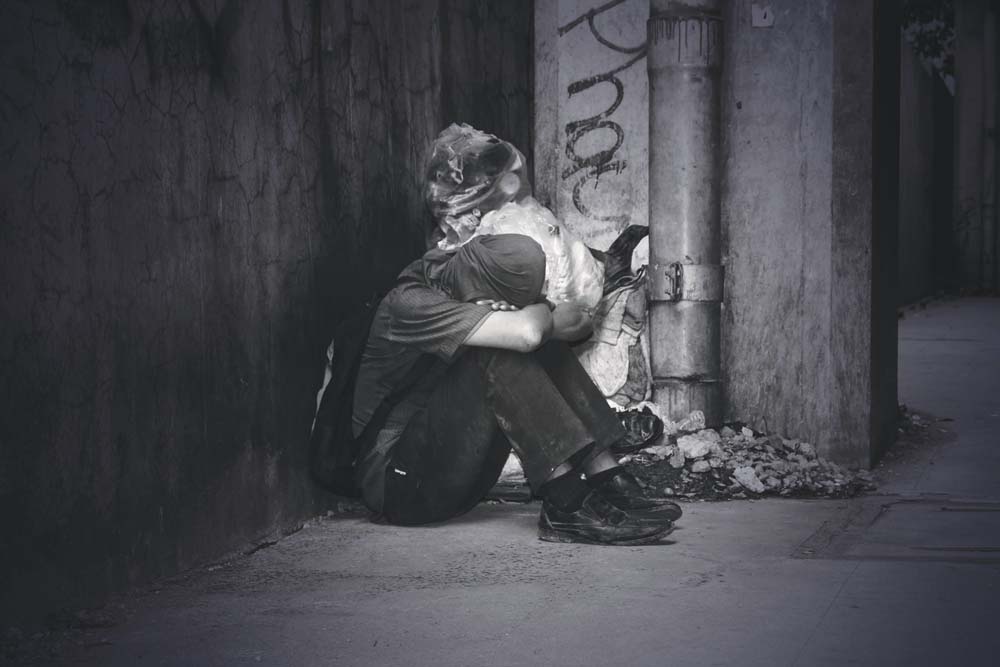COMMUNITY groups around Frankston have agreed to pool their resources together to help solve the high rate of local homelessness.
The Frankston City Strategic Housing and Homelessness Alliance features 14 local organisations. The group’s chair Dr Gillian Kay said “ABS Census data showed that homelessness in Frankston City had increased by 14.7 per cent between 2011 and 2016” and “without the alliance we would expect to see further increases recorded in the 2021 Census.”
“Our alliance believes that an adequate supply of affordable and appropriate housing is the first essential step towards solving homelessness, however, we also understand that housing alone is not the solution.
“The alliance’s first challenge would be to understand the main causes of homelessness and how it is being experienced by local people. That way we can create targeted solutions and bring down the numbers.
“Ultimately, the alliance wants to address the complete homelessness spectrum. There is the obvious, immediate need to increase affordable housing options and find secure accommodation for those without a safe place to sleep every night but there is also a need to identify those at-risk individuals and step in before homelessness occurs.”
Members of the alliance are Community Support Frankston, Peninsula Community Legal Centre, Peninsula Health, Bolton Clarke, Southern Homelessness Services Network, Launch Housing, The Salvation Army Homelessness Frankston, Melbourne City Mission, NEAMI National, WAYSS, Mentis Assist, White Lion, Youth Support and Advocacy Service, and Frankston Council.
Dr Kay said “women and children are the most likely to experience, or be at risk of experiencing, homelessness, due to rising incidences of domestic violence. Women over 55 are an increasingly vulnerable group.”
“Often, at retirement time, women who have left paid employment to care for children over the course of their working lives can find themselves without the same financial safety net as men and no means to bridge that gap.
“Another hidden, at-risk group are those in unsafe living situations, like some rooming houses, where they are unlikely to want to stay for long periods but have nowhere else to go. Sadly even less than ideal housing situations can be financially out of reach for people living below the poverty line.”
For more information visit strategichomelessnessalliance.org.au

